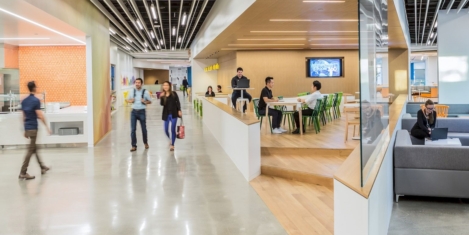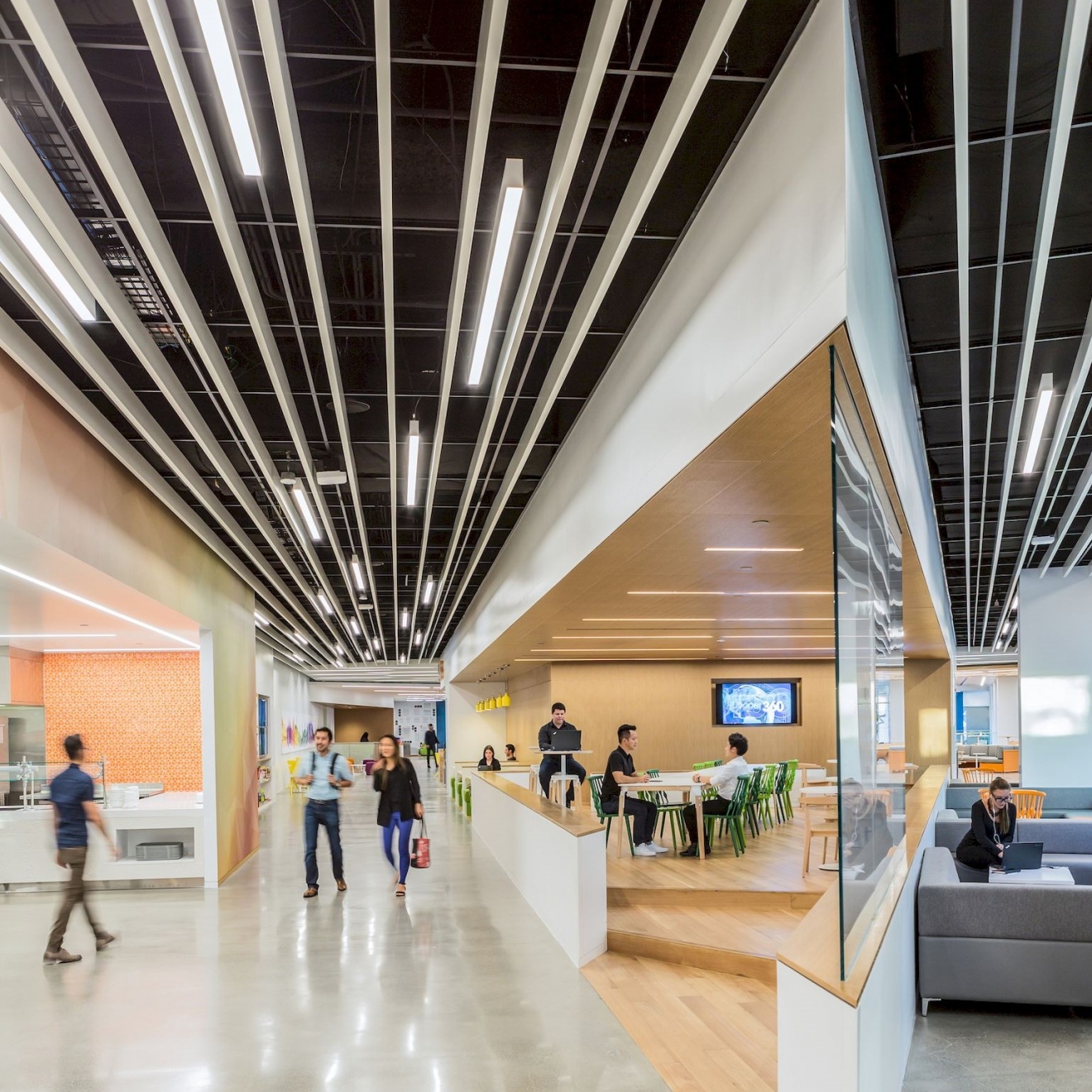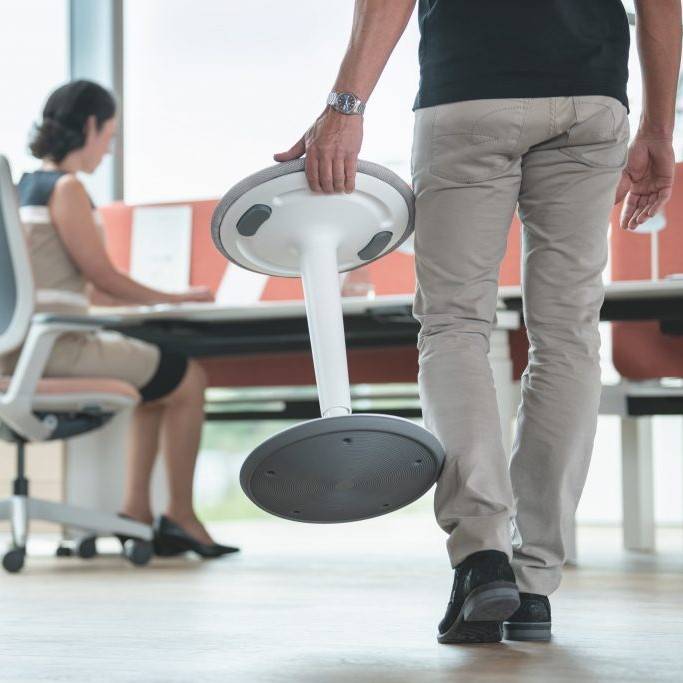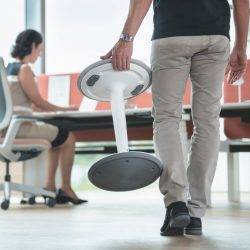To provide the best experiences, we use technologies like cookies to store and/or access device information. Consenting to these technologies will allow us to process data such as browsing behaviour or unique IDs on this site. Not consenting or withdrawing consent, may adversely affect certain features and functions.
The technical storage or access is strictly necessary for the legitimate purpose of enabling the use of a specific service explicitly requested by the subscriber or user, or for the sole purpose of carrying out the transmission of a communication over an electronic communications network.
The technical storage or access is necessary for the legitimate purpose of storing preferences that are not requested by the subscriber or user.
The technical storage or access that is used exclusively for statistical purposes.
The technical storage or access that is used exclusively for anonymous statistical purposes. Without a subpoena, voluntary compliance on the part of your Internet Service Provider, or additional records from a third party, information stored or retrieved for this purpose alone cannot usually be used to identify you.
The technical storage or access is required to create user profiles to send advertising, or to track the user on a website or across several websites for similar marketing purposes.
 The new generation of smart cities should embrace new technologies and fresh approaches to combat their growing list of challenges, claims a new report from ABI Research. In its new whitepaper, 5 Ways Smart Cities Are Getting Smarter (registration), ABI suggests that digital twins and urban modeling, resilient cities, circular cities, micro-mobility, and smart spaces as the five new urban strategy shifts that will make smart cities smarter in the new ways they need. (more…)
The new generation of smart cities should embrace new technologies and fresh approaches to combat their growing list of challenges, claims a new report from ABI Research. In its new whitepaper, 5 Ways Smart Cities Are Getting Smarter (registration), ABI suggests that digital twins and urban modeling, resilient cities, circular cities, micro-mobility, and smart spaces as the five new urban strategy shifts that will make smart cities smarter in the new ways they need. (more…)

































October 29, 2019
Here is how you should handle racial discrimination in the workplace
by Karen Holden • Comment, Legal news, Workplace